ACPA Senior Scholars
The ACPA Senior Scholars Program began in 1984. ACPA Senior Scholars advocate for the integration of scholarship into the practice of student affairs. Through the creation of an engaged scholar network, Senior Scholars keep abreast of promising work and identify critical issues that could benefit from inquiry and attention. The Senior Scholars Program provides scholars with a continuing opportunity to promote scholarship through the presentation of programs of interest to the profession at each national convention and to serve the association on projects related to their fields of interest.
ACPA Senior Scholars represent the best of engaged scholarship relevant to student affairs work in higher education. Scholars are senior members of the profession (e.g., generally full professors or senior student affairs officers) who have made exemplary and sustained contributions to ACPA’s mission transforming higher education by creating and sharing influential scholarship, shaping critically reflective practice, and advocating for equitable and inclusive learning environments. A maximum of twelve Senior Scholars can hold active membership. Senior Scholars must be or become members of ACPA and maintain that their membership throughout their term. Senior Scholars serve terms of five years. The term begins at the end of the convention following the appointment as Senior Scholar. Senior Scholars are strongly encouraged to attend the convention at the time of their appointment to begin their orientation to the group.
Origin Stories of the ACPA Senior Scholars (1984) and the Emerging Scholars (1999) by John Mueller. (4 September 2024). ACPA Developments volume 21, Issue 3.
Expectations of Senior Scholars
Seniors Scholars must attend at least four ACPA national conventions during their five-year term and be active participants in the work of the Senior Scholars. In addition to participating in national conventions, Senior Scholars will endeavor to participate in conference calls throughout the year (typically four meetings). When possible an optional in-person meeting may be held in conjunction with the annual meeting of the Association for the Study of Higher Education (ASHE). All Senior Scholars are expected to participate in the annual review and selection of Emerging Scholars and Senior Scholars. Project leaders may coordinate other meetings as needed so that groups who are in charge of specific initiatives can organize for report outs during the Senior Scholar meetings/conference calls.
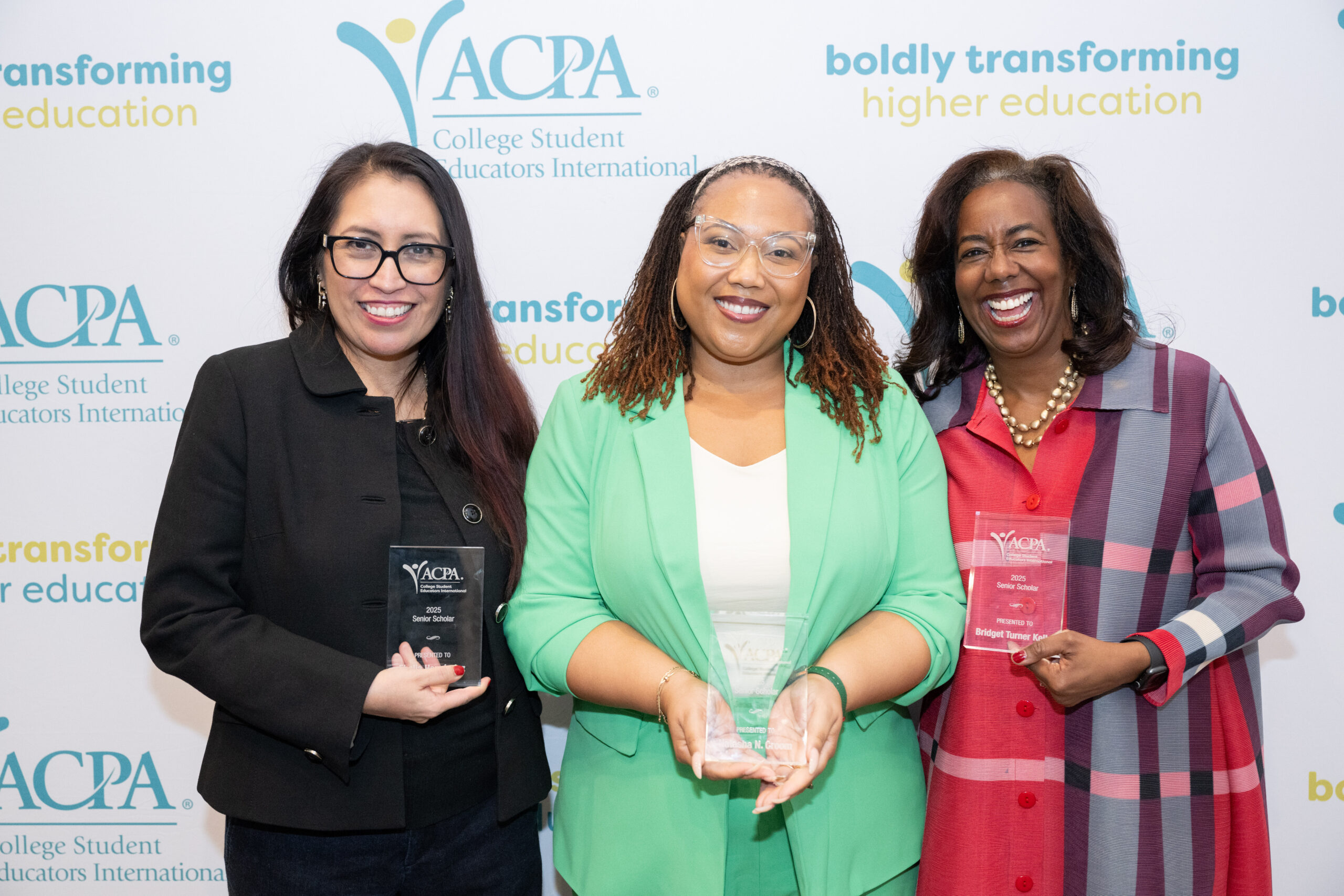
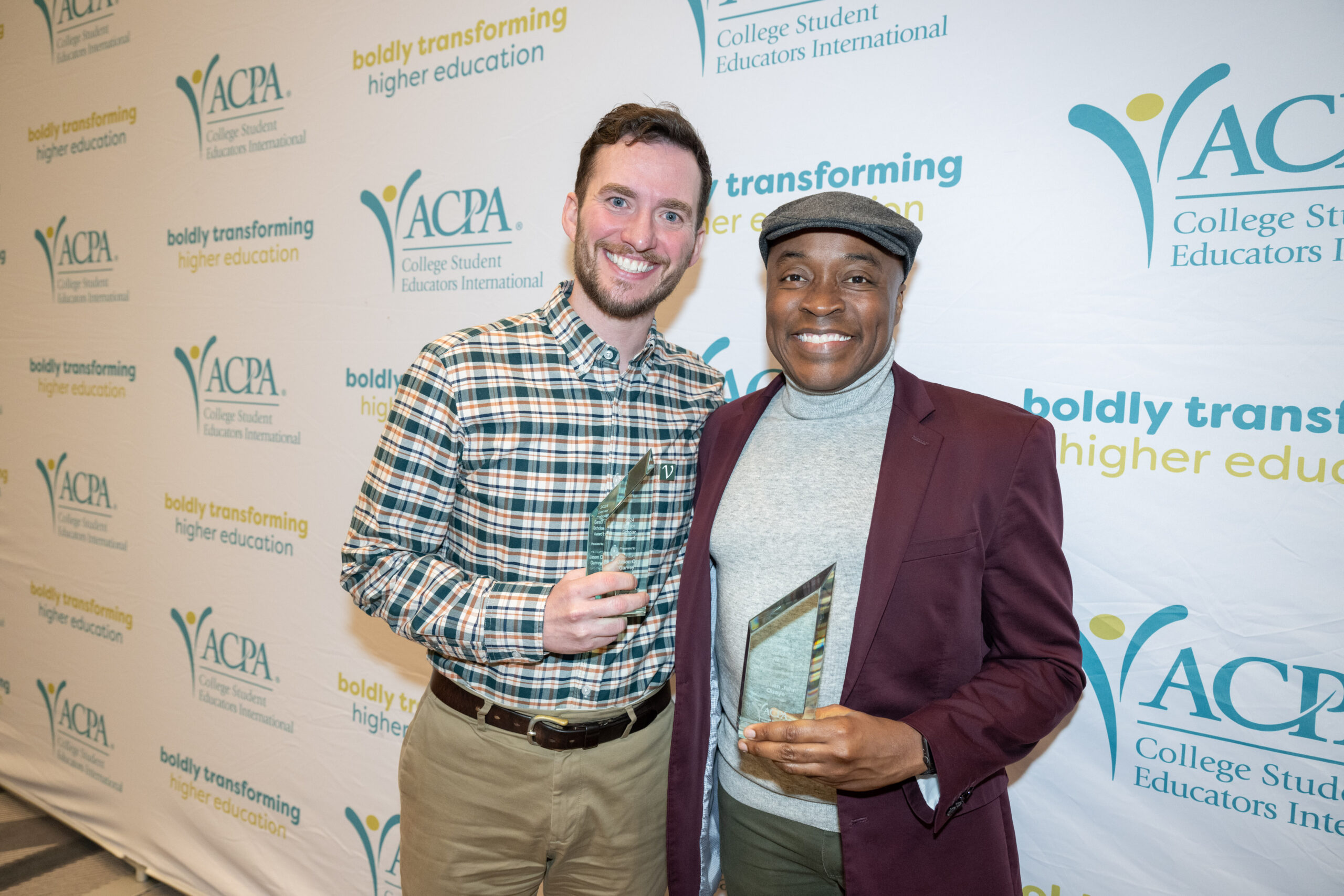
Senior Scholars are expected to serve the organization by participating in at least one scholarly leadership commitment annually, including, but not limited to:
- Coordinating ACPA Senior Scholars session proposal process for the ACPA national convention
- Directing the Emerging Scholar and Senior Scholar review, selection, and orientation processes
- Serving on committees or liaising with relevant groups (e.g., Senior Student Affairs Officers) of the Association
- Leading efforts to support ACPA’s mission, vision, and values and the Strategic Imperative for Racial Justice and Decolonization
- Serving on the Publications Committee of ACPA, the ACPA Awards Committee, or the Marylu McEwen Dissertation of the Year Award Selection Committee
- Leading the Senior Scholar Grant Program
- Collaborating with the Senior Student Affairs Officer (SSAO) Advisory Board to develop an agenda for research and scholarship and identifying topics for research and scholarship that address day to day issues and concerns faced by senior student affairs officers in their professional practice
- Coordinating research papers & posters on the convention team (can be a current scholar or a scholar chosen for this role by the Senior Scholars group)
- Advancing the scholarship agenda of ACPA
Expectations of Diplomates
ACPA Senior Scholar Diplomates are encouraged to continue to serve the association and to be involved with Senior Scholar activities as they are interested and able. Diplomate status is conferred upon Senior Scholars who have fulfilled Scholar expectations and participated in at least four of five (2024, 2025, 2026, 2027, 2028) ACPA national convention meetings during the Senior Scholar term.
Orientation and End of Service
New Senior Scholars will be recognized at the ACPA Award Ceremony at the convention following their appointment; i.e., 2023 in New Orleans. Senior Scholars complete their term of service at the close of their 2028 convention; scholars achieving Diplomate status will be recognized for this designation at the Award Ceremony at that last convention.
Become a Senior Scholar
applications due 28 September 2025
Expectations of Senior Scholars
Seniors Scholars must attend at least four ACPA national conventions during their five-year term and be active participants in the work of the Senior Scholars. (Meetings are traditionally held the day prior to and day of the convention opening session. For ACPA26 in Baltimore, those dates are Sunday, March 29 and Monday, March 30. In addition to participating in national conventions, Senior Scholars will endeavor to participate in conference calls throughout the year (typically four meetings). When possible an optional in-person meeting may be held in conjunction with the annual meeting of the Association for the Study of Higher Education (ASHE). All Senior Scholars are expected to participate in the annual review and selection of Emerging Scholars and Senior Scholars. Project leaders may coordinate other meetings as needed so that groups who are in charge of specific initiatives can organize for report outs during the Senior Scholar meetings/conference calls.
Senior Scholars are expected to serve the organization by participating in at least one scholarly leadership commitment annually, including, but not limited to:
- Coordinating ACPA Senior Scholars session proposal process for the ACPA national convention
- Directing the Emerging Scholar and Senior Scholar review, selection, and orientation processes
- Serving on committees or liaising with relevant groups (e.g., Senior Student Affairs Officers) of the Association
- Leading efforts to support ACPA’s mission, vision, and values and the Strategic Imperative for Racial Justice and Decolonization
- Serving on the Publications Committee of ACPA, the ACPA Awards and Recognition Working Council, or the Marylu McEwen Dissertation of the Year Award Selection Committee
- Leading the Senior Scholar Grant Program
- Collaborating with the Senior Student Affairs Officer (SSAO) Advisory Board to develop an agenda for research and scholarship and identifying topics for research and scholarship that address day to day issues and concerns faced by senior student affairs officers in their professional practice
- Coordinating research papers and posters on the convention program team (can be a current scholar or a scholar chosen for this role by the Senior Scholars group)
- Advancing the scholarship agenda of ACPA
Expectations of Diplomates
ACPA Senior Scholar Diplomates are encouraged to continue to serve the association and to be involved with Senior Scholar activities as they are interested and able.
Diplomate status is conferred upon Senior Scholars who have fulfilled Scholar expectations and participated in at least four of five (2027, 2028, 2029, 2030, 2031) ACPA national convention meetings during the Senior Scholar term.
Orientation and End of Service
New Senior Scholars will be recognized at the ACPA Award Ceremony at the convention following their appointment (i.e., 2026 in Baltimore). Senior Scholars complete their term of service at the close of their 2031 convention; scholars achieving Diplomate status will be recognized for this designation at the Award Ceremony at that last convention.
Nomination Process
To nominate a deserving colleague, please forward their name and contact information to Dr. Ellen Broido, ebroido@bgsu, in advance of the September 28, 2025 deadline for submission of all application materials. Nominees will be invited to apply for consideration by submitting the materials listed below.
Application Process
To apply for ACPA Senior Scholars, submit a single PDF document with the following materials: (a) cover letter with responses to questions below (no more than 250 words per question) and (b) current CV.
- How can you help the Senior Scholars advance our statement of action?
- How do your scholarly interests and trajectory align with those found in ACPA’s A Bold Vision Forward: A Framework for the Strategic Imperative for Racial Justice and Decolonization.
- How will being a part of Senior Scholars contribute to your scholarly and professional development?
- What role would you like to see the Senior Scholars play for the association and the field of student affairs?
Application including all supporting documents are due 11:59 pm ET on 28 September 2025 and should be uploaded to this form. Submit all materials in a single PDF document, in the order listed under “application process.” Please use “Senior Scholars Application—LAST NAME” for your PDF file. Applicants will be notified in late 2025. For more information, contact Dr. Ellen Broido at ebroido@bgsu.
Current Senior Scholars
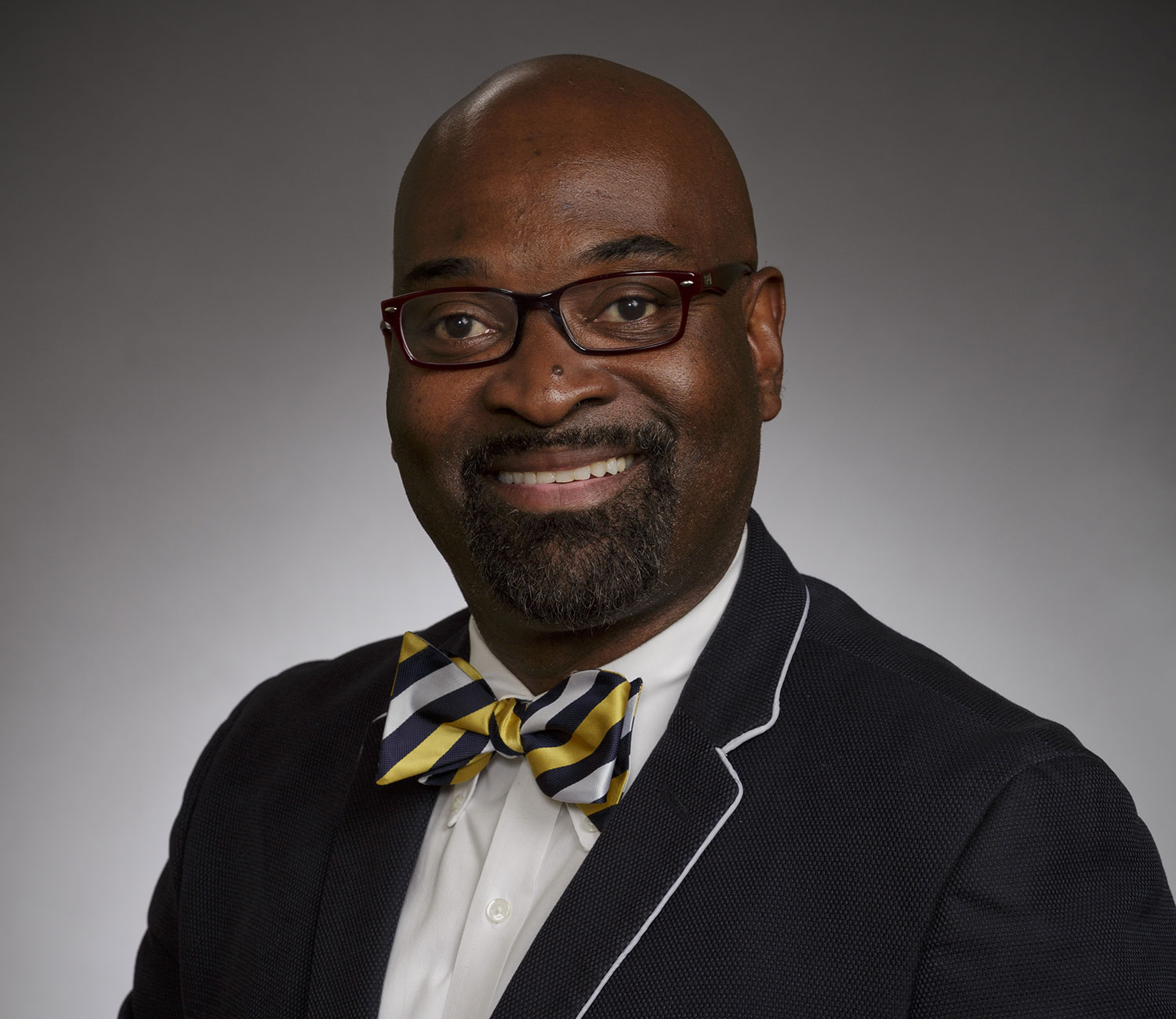


Bridget Turner Kelly
Associate Professor, University of Maryland
Term: 2025-2030

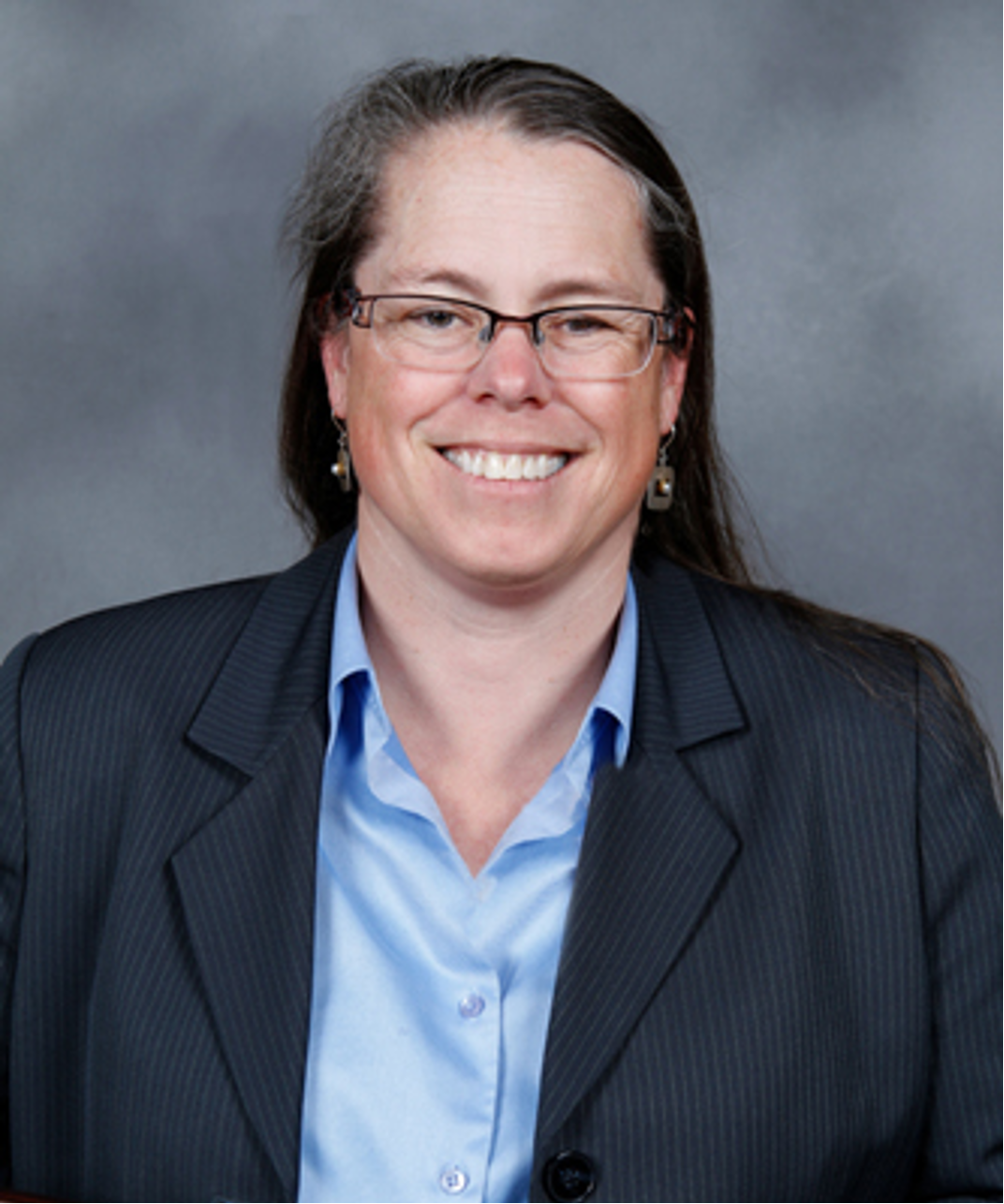

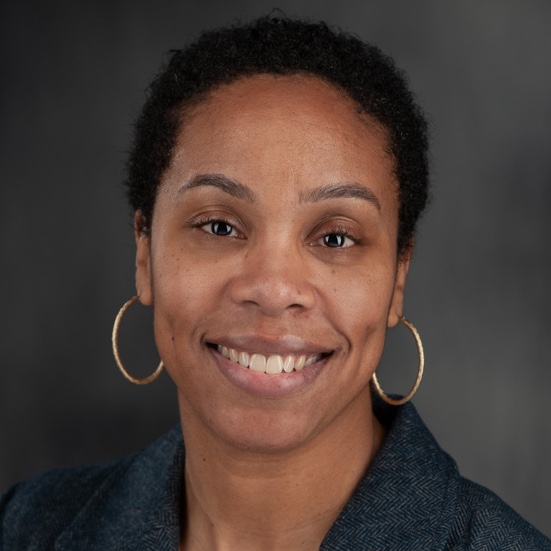
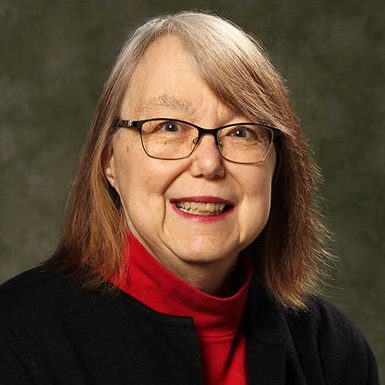
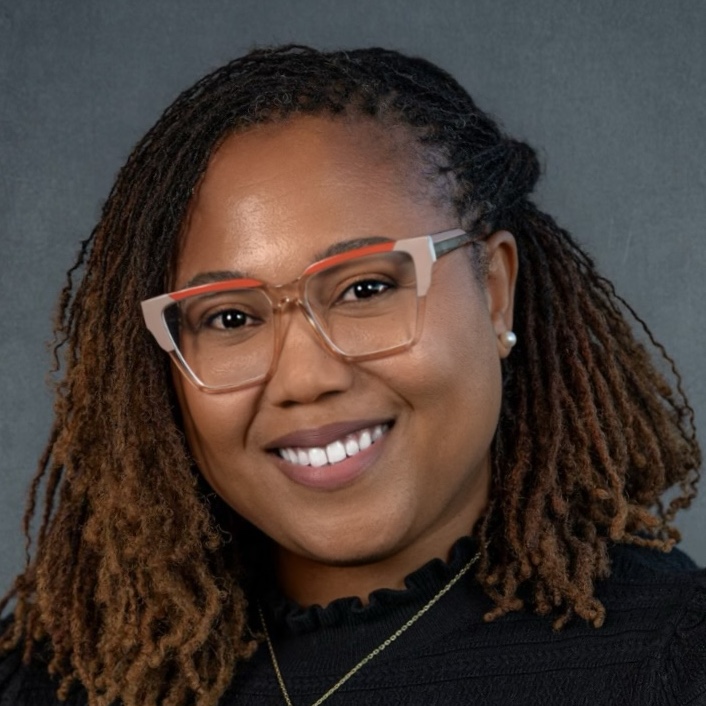
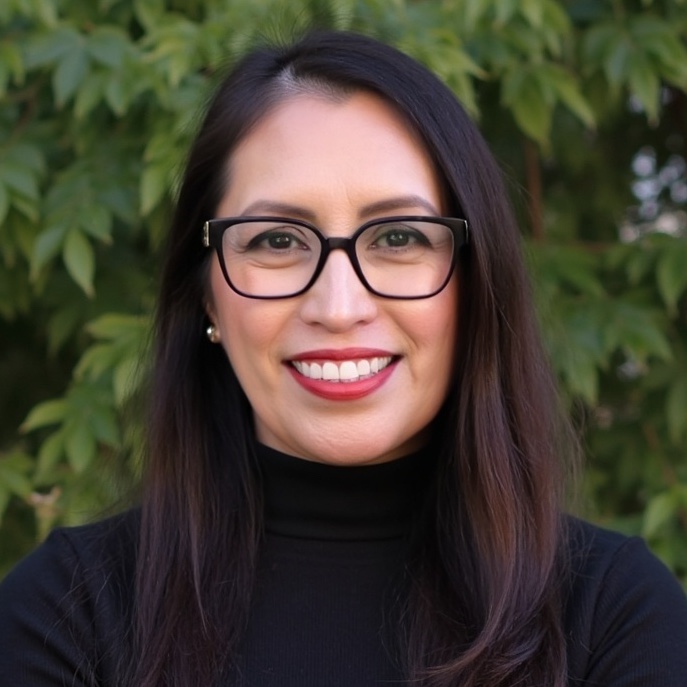
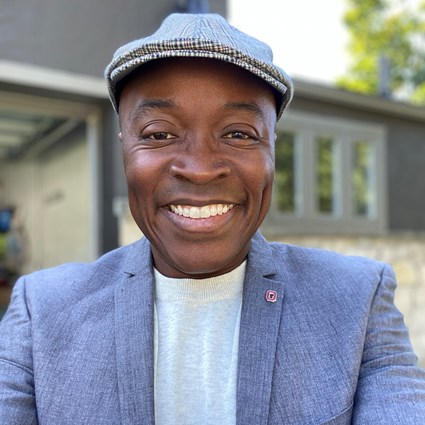
Senior Scholar Grants
Information on the 2025 process can be found below
Your Title Goes Here
Your content goes here. Edit or remove this text inline or in the module Content settings. You can also style every aspect of this content in the module Design settings and even apply custom CSS to this text in the module Advanced settings.
Grant Information
Call for Proposals: ACPA Senior Scholars Grant Program
October 6, 2025
ACPA–College Student Educators International and the Senior Scholars are committed to making programmatic decisions based on quality research about the experiences of students, administrators, staff, and faculty at colleges and universities nationally and internationally. As such, we are delighted to announce the Call for Proposals for the Senior Scholars Grant Program. All grant proposal narratives must demonstrate direct connection to the ACPA Strategic Imperative for Racial Justice and Decolonization. Also, please review the ACPA Senior Scholars Statement of Action.
ACPA Senior Scholars will award one or more grants up to $2,500 of total funding for the 2026 calendar year to practitioners and/or faculty to conduct research that benefits understanding of the transformative nature of student affairs and higher education in direct relation to the Strategic Imperative. Grant recipients are expected to present their research at the ACPA Convention in a 2027 session sponsored/submitted by the ACPA Senior Scholars.
Proposals will be judged on originality, feasibility, clarity, potential impact, and connection to the ACPA Strategic Imperative. The final work will belong to the recipients, and they will be encouraged to submit their work for publication in an ACPA publication outlet (i.e., Journal of College Student Development, About Campus, Developments). Only current members of ACPA are eligible to be Principal Investigator (PI) on the grant proposal.
Proposal Format
Please merge the following components into one cohesive document.
Cover Page – The title of the proposal along with the name, title, address, email, and phone number of the PI and all researchers.
Proposal Narrative – The proposal narrative should be detailed but concise (2,000 words or fewer) and include peer-reviewed sources where appropriate, demonstrate congruence/cohesion (with your design/approach), and include the following elements:
-
- Problem statement identifying the research question(s) or the transformative conditions that the research is designed to address.
- Theoretical or Conceptual framework – Discuss and illustrate the theory/ theories and/or conceptual framework underlying the project. The research must be grounded in the literature with a clear connection between theory and practice as well as the Strategic Imperative.
- Data, methodology, and/or methods (or equivalent) section – Research studies can incorporate a variety of methodological approaches (e.g., qualitative, quantitative). This section should include an explicit description of the methods for data collection, criteria for selecting data/participants, research instrument or design, the methods for data analysis, and methods for trustworthiness (or methods congruent with the chosen design).
- Campus-level programming, performance, interactive exhibition, policy and/or practice implications section – The proposal should clearly identify, create, and/or support potential specific programs, policies, and/or practices at the institutional level that have the potential to be adopted or adapted at a range of institutions. In other words, how might findings and implications be shared beyond the ACPA Convention presentation?
References – Appropriately reference the works cited throughout the proposal narrative using APA 7th edition.
Timeline for the various aspects of the proposed research that coordinates with the timeline below.
Proposed budget and budget justification – Grants may be used for research travel, data collection, incentives for participants, transcription, equipment, and miscellaneous expenses such as software and books. Funds cannot be used for salaries, research assistants, tuition and fees, or institutional indirect costs. Funded projects will be required to submit records of expenses to ACPA as part of the final grant reports. The budget should include a justification not to exceed one page.
Biosketch – Brief biographies of the PI and collaborators working directly on the grant, demonstrating their previous background and knowledge of the topic, and including specifics of how each collaborator will contribute to the proposed research.
Institutional Review Board (IRB) approval – The researchers are responsible for completing all institutional review board procedures from the PI’s university as well as for any other campuses included in the research process. The proposal must include a brief description of the institution’s IRB process and the timeline for submitting the research proposal for review.
Funding Disbursement
Grant funds will be provided to the PI in the full amount. The PI will provide receipts for all expenditures, a mid-year report on the budget and research project (June 1, 2026 deadline), and a final report and budget at the end of the research funding calendar year.
Timeline
- October 6, 2025 – Announcement of grant program
- November 21, 2025 – Proposals due by 5:00 pm EST
- Week of December 1, 2025 – Senior Scholars Grant Committee meets to select recipients
- Week of December 8, 2025 – Announcement of ACPA Senior Scholar Grant Recipients
- End of 2025 calendar year – ACPA disperses grant funds to recipients
- June 1, 2026 – Mid-Year Project Update to Senior Scholars
- December 4, 2026 – Research completed and report submitted to the Senior Scholars
- ACPA Convention 2027 – Present Research (session hosted by ACPA Senior Scholars; recipients do not need to submit a program proposal)
Webinar
Applicants are encouraged to watch a webinar to learn more about the Senior Scholars Grant Program.
Emerging Scholar / Senior Scholar Eligibility
Interested scholars may apply to both the Senior Scholars/ Emerging Scholar program and this Senior Scholars Grant Program in the same year, although recipients may only be awarded up to one at a time. Awards will not be given to current Emerging Scholars or current Senior Scholars; Emerging Scholars and Senior Scholars/diplomates become eligible after the term has concluded.
Please submit completed proposals and send questions to: Stephen John Quaye (quaye.13@osu.edu) and Bridget Turner Kelly (btkelly1@umd.edu).
Past Grant Recipients
2024-2025
- Genia Bettencourt and Lauren N. Irwin
- Title: Examining Mid-Level Experiences in Student Affairs
- Jarett D. Haley and Amber N. Williams
- Title: A Critical Visual Exploration of the Experiences of Racially Minoritized Graduate Students in Racial/Ethnic Graduate Student Organizations Navigating State Bans on Diversity, Equity, and Inclusion initiatives
2023-2024
- Katie Koo & Mary Ann Bodine Al-Sharif
- Title: Voices from the Margins: Racism, Racialized Experiences, and Racial Advocacy among Asian International Students in U.S. Higher
- D. Chase J. Catalano, Antonio Duran, Steven Feldman, Vanessa Aviva González-Siegel, T.J. Jourian, Kalyani Kannan, Kristopher Oliveria, Jonathan T. Pryor, & Chris Woods
- Title: Navigating TQ Center(ed) Diversity Work Amidst Socio-Political Tumult
2022-2023
- Chelsea Gilbert, The Ohio State UniversityCo-theorizing with women of color postsecondary staff to disrupt systemic barriers.
- Tricia Shalka, University of RochesterA Mixed Methods Investigation of How College Student Trauma Shapes Faculty-Student Interactions in Academic Environments
2021-2022
- no recipients awarded
2020-2021
- no recipients awarded due to Covid19
2019-2020
- Robert Schwartz, Florida State UniversityGeorge F. Zook and Higher Education in the United States: An Untold Story of Access and Inclusion
- TJ Stewart, Iowa State UniversityNavigating Place and Space: Exploring the realities of fat-bodied students on campus through photovoice methodology
2018-2019
- Sosanya Jones, Howard UniversityHBCU and PVI Diversity Professionals: Training, Roles, Challenges, and Strategies of Entry
- Susana Muñoz, Colorado State UniversityUnderstanding Undocumented and DACA Community College Students’ Experiences during Turbulent Political Times
2017-2018
- Susan D. Longerbeam, University of LouisvilleContribution of Student Affairs Preparation Programs to Undergraduate Student Success: Influences of Mentoring on Campus Racial Climate and Sense of Belonging
- Natesha L. Smith, University of BinghamtonEngaging Cross-Cultural Impressions: An Exploration of Student Affairs Practices in the Gulf Region
Senior Scholar blog
Many are pushing back against our systems of traditional dominant-culture values, White supremacy, gender binary, heterosexism and patriarchy. Movements such as Black Lives Matter and advocacy for LGBT rights are all calls for complete change. What can the higher education and student affairs professionals do to support students and advocate for inclusion on an institutional-level? How do we answer the calls for transformations of structural oppression? How can we advocate more effectively for students?
Justifying Student Affairs programming: What’s behind the academic curtain?
Vasti Torres Dean, College of Education University of South Florida Former, ACPA Senior Scholar Since becoming an Academic Dean in 2013, I am seeing the nexus between research and practice from a very different perspective. As a faculty member in a student affairs...
How to Start a Revolution: Use Intersectionality as a Framework to Promote Student Success
Donald “DJ” Mitchell, Jr. Assistant Professor of Higher Education, Grand Valley State University, Grand Rapids, Michigan ACPA Emerging Scholar Do you want students to reach their educational goals? My guess is you answered in the affirmative. Nevertheless, we know...
The upcoming Fisher II SCOTUS decision and its potential relationship to the campus climate for inclusion
Cassie L. Barnhardt, Assistant Professor, Higher Education and Student Affairs University of Iowa ACPA Emerging Scholar Very soon, the Supreme Court of the United States (SCOTUS) is expected to decide the case of Fisher II...
